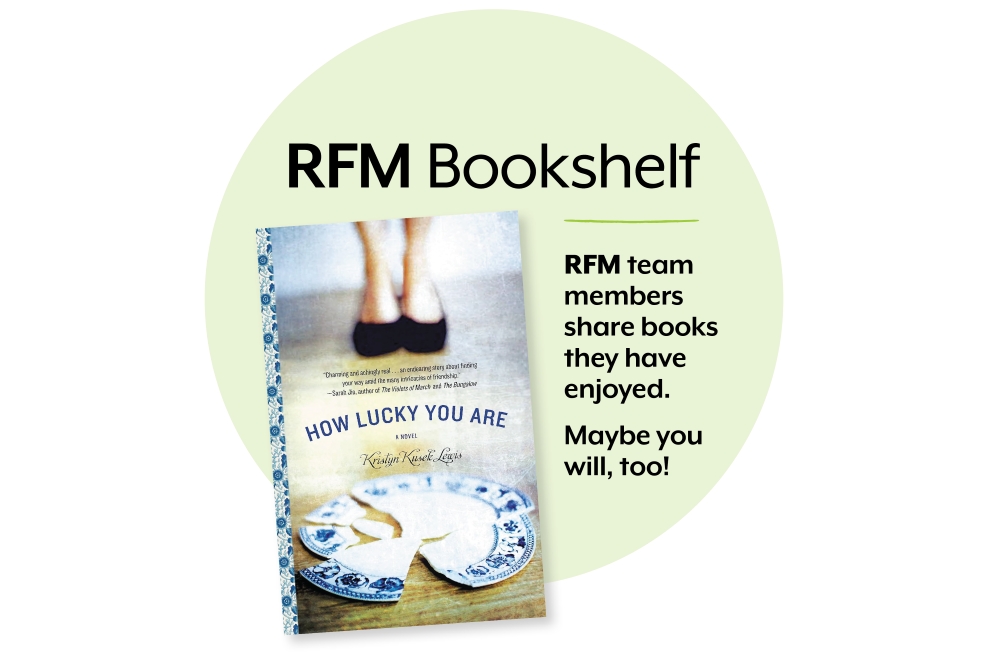According to Po Bronson and Ashley Merriman, authors of the Nurture Shock, new research suggests that if you tell your child she’s special, you’ll ruin her. “It’s a neurobiological fact,” they claim.
At the heart of this debate is the increasing information indicating that children at the very top of the charts often lack the confidence in their abilities to tackle routine school challenges. Bronson and Merriman explain, “Those afflicted with this lack of perceived competence adopt lower standards for success and expect less of themselves. They underrate the importance of effort, and they overrate how much help they need from a parent.”
Why is this happening? According to a survey conducted by Columbia University, 85 percent of American parents think it’s important to tell their kids that they’re smart. While parents believe praising their children’s intelligence helps boost their self-esteem, it actually does the opposite. Apparently, a growing body of research suggests “giving kids the label of “smart” does not prevent them from underperforming.” Nurture Shock concludes, “It might actually be causing it.”
For the last ten years, Dr. Carol Dweck has been studying the effects of this phenomenon and her research shows that the approach backfires “the first moment kids experienced failure or difficulty.” Dweck wrote in her study summary, “When we praise children for their intelligence we tell them that this is the name of the game: look smart, don’t risk making mistakes.” Whereas Dweck explains, “Emphasizing effort gives a child a variable that they can control. They come to see themselves as in control of their success. Emphasizing natural intelligence takes it out of the child’s control, and it provides no good recipe for responding to failure.”
Dr. Roy Baumeister of the Association of Psychological Science studied the scholarly articles written from 1970 to 2000 and in 2003 was quoted as saying his findings on self-esteem were “the biggest disappointment of his career.” As Bronson and Merriman explain, “Baumeister has come to believe the continued appeal of self-esteem is largely tied to parents’ pride in their children’s achievements: it’s so strong that ‘when they praise their kids, it’s not that far from praising themselves.’”
How can you take control? According to Dweck, begin with this single idea: “that the brain is a muscle. Giving it a harder workout makes you smarter.” Then, consider the fact that while you might think you’re being supportive your child may actually be “sensing their parents’ high expectations and feeling so much pressure that they can’t concentrate on the subject.” Or worse yet, “image-maintenance becomes their primary concern,” which is why cheating and plagiarism have become more prevalent.
The reality is that “offering praise has become a sort of panacea for the anxieties of modern parenting. Out of our children’s lives from breakfast to dinner, we turn it up a notch when we get home. In those few hours together, we want them to hear the things we can’t say during the day – we are in your corner, we are here for you, we believe in you.” Therefore, Bronson and Merriman suggest the next time you want to jump in with praise, let you child make his own conclusion about his intelligence. “Jumping in with praise is like jumping in too soon with the answer to a homework problem – it robs him of the chance to make the deduction himself.”
Don’t forget to like Parenting by the Book on Facebook for updates on blog posts.
Check out Victoria Winterhalter’s other blog, Befriending Forty (http://befriendingforty.blogspot.com), and find out what happens when the person you thought you’d be meets the person you actually became.




